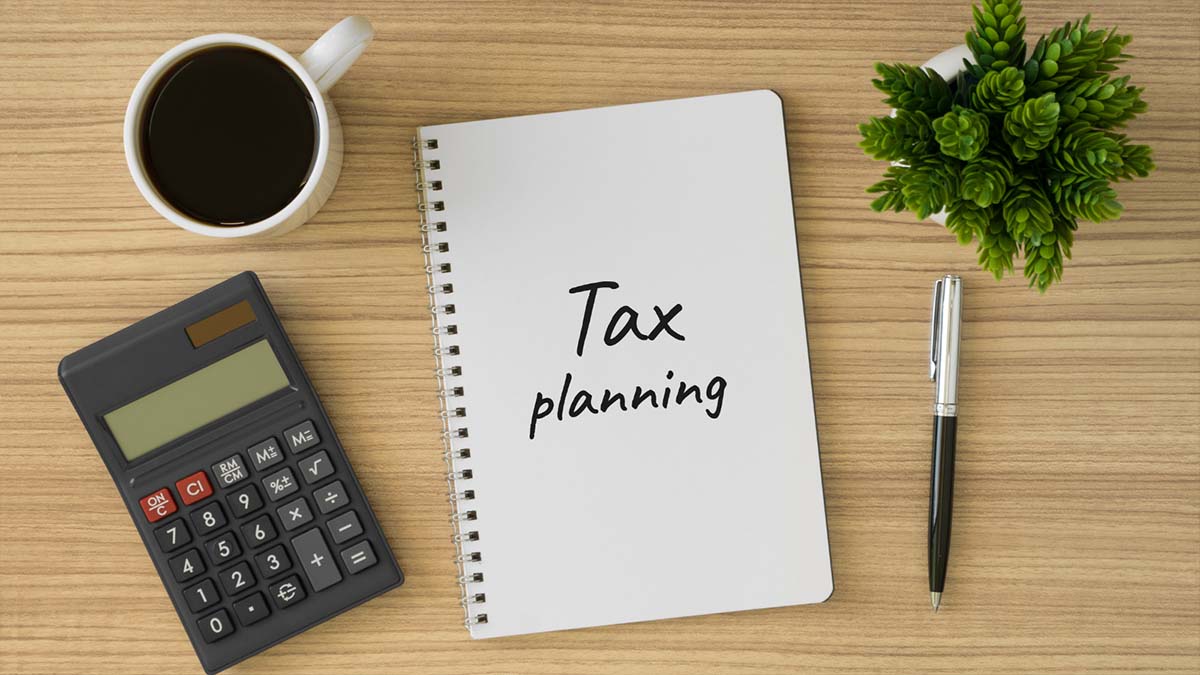Taxes: Nobody likes them.
But most people want to make an investment regardless of the taxes they will have to pay on them.
However, there are options available to save you money on taxes.
In this blog post, Larry will cover three different strategies for maximizing your returns by minimizing taxes. Read on to learn what they are!
1. Be Strategic When Identifying and Using Mutual Funds
When it comes to investing, it’s not how much you make. It’s how much you keep.
That’s why it’s important to be strategic when identifying which mutual funds you want to invest in and how you’ll use them.
For example, let’s say you buy a mutual fund for the first time for $20. Later on, you buy the same mutual fund, but it now costs $40.
When you go to sell the entire fund, take the $20 you spent when first buying it, and then the $40. Your average cost is now $30, and by selling it for $50, you have a $20 gain. That’s the money you keep.
In this week’s podcast, I briefly talk about the other three different ways of determining what the gain is for investing strategies. Tune in here to hear the other strategies.
2. Identify Your Tax Bracket
It may sound simple, but it’s important to know which tax bracket you’re in.
Why? Because it has an impact on what you’re paying in taxes.
However, looking up your tax bracket once won’t cut it. Tax brackets can change.
In fact, as of October 22, 2021, the three different brackets are:
- The 0% capital gain bracket
- The 15% capital gain bracket
- The 20% capital gain bracket
Note that each of these brackets are subject to change.
Knowing these brackets will help you develop strategies to reduce the taxes you’re paying.
If you are unsure what tax bracket you are in, contact your accountant or advisor. If you tell them how much you’ve earned, they should be able to tell you immediately.
3. Understand the Mutual Fund Distribution
The average investor doesn’t understand mutual fund distribution. But if you don’t understand this type of distribution, you could be paying more in taxes than necessary.
When you buy a mutual fund, you buy into a fund with many other investors. Whether it’s an index mutual fund or an active mutual fund, anytime a stock inside a mutual fund is sold for a profit, there’s a capital gain.
And guess what? Those capital gain distributions are passed down to you, the mutual fund.
Furthermore, in years where the fund manager is buying and selling throughout the year, but then there is a big decline right at the end of the year, the mutual fund could be down. Then, you’ll be getting a large capital gain distribution at the end of the year that you have to pay taxes on, even if you lost money that year. Why? Because it’s about the capital gains distribution.
To learn more about this topic, listen to the Retire Right Podcast or contact via our contact page.


